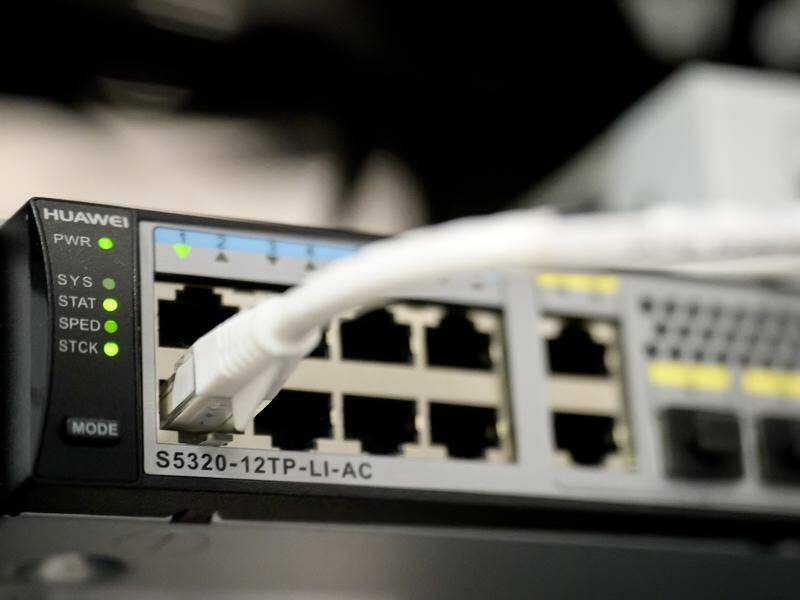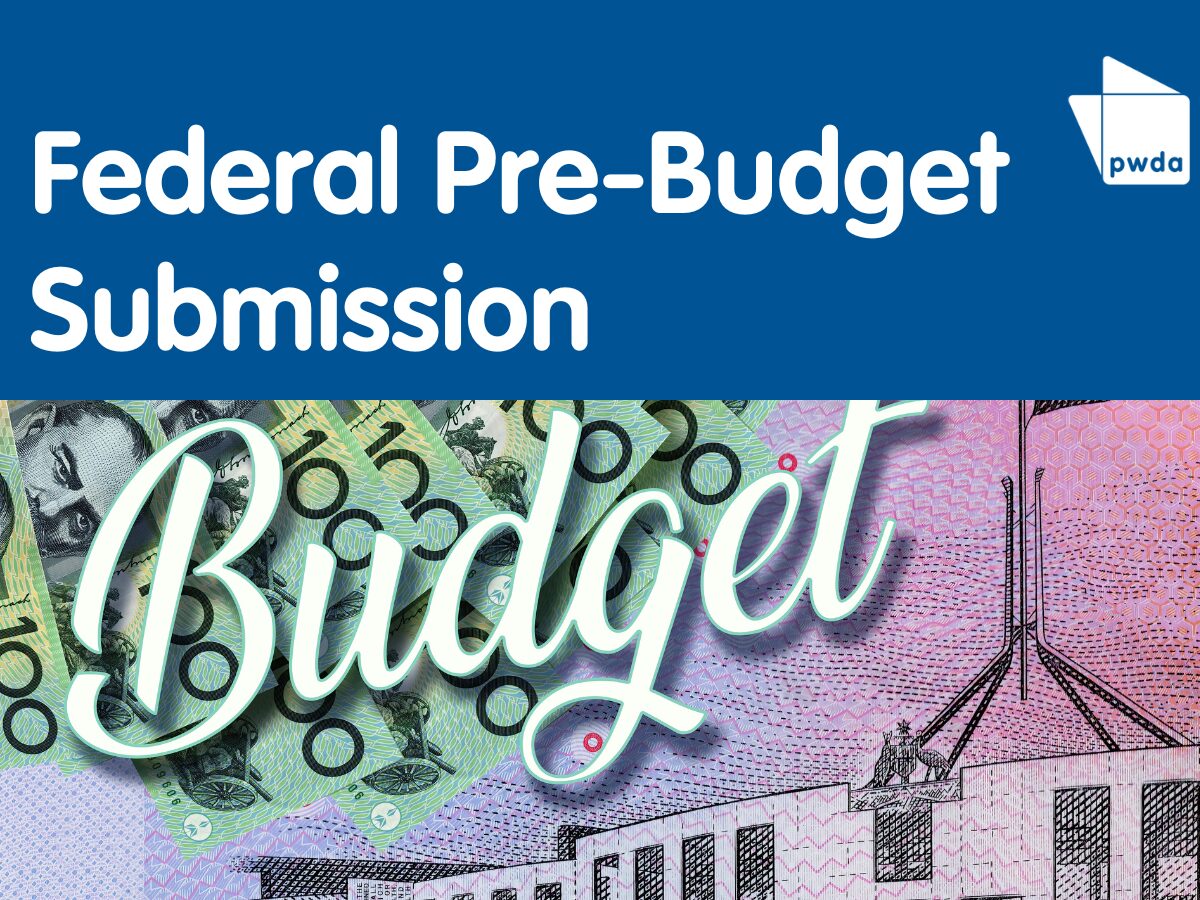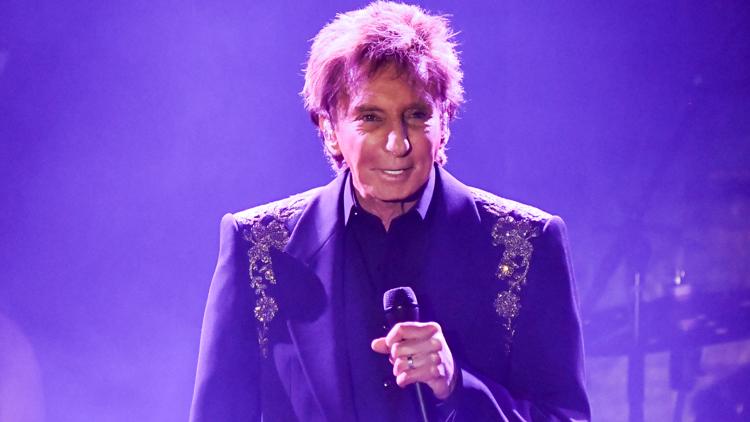
Democratic socialist Zohran Mamdani has been elected as New York’s mayor, vowing to implement transformative changes in America’s largest city. His victory signals a potential shift in the political landscape, particularly among left-leaning parties globally. Mamdani campaigned on a platform addressing the escalating costs of living, particularly rent, which have become unsustainable for many residents.
In a powerful victory speech, Mamdani declared a “new age” for New York, emphasizing a commitment to creating a “generation of change.” His plans are ambitious and focus on several key areas that aim to alleviate economic pressures on the working and middle classes.
Key Initiatives for Change
One of Mamdani’s primary objectives is to implement a rent freeze for New York’s nearly 1 million rent-stabilised apartments. The city has seen rental prices soar, with the median rent for a one- or two-bedroom apartment reaching approximately $3,600 per month, which is double the national average, according to data from Realtor.com. While New Yorkers typically earn more than the average American, this figure is skewed by high-paying jobs in sectors such as finance and technology. Many essential workers and artists are finding it increasingly difficult to afford living in the city.
Mamdani intends to pressure the Rent Guidelines Board, which he appoints, to support rent freezes. He has stated that he will take action against board members who resist these changes.
Another significant proposal is the introduction of free, universal childcare for children aged six weeks to five years. This initiative could potentially cost around $6 billion annually and would require cooperation from state officials, including New York State Governor Kathy Hochul. Additionally, Mamdani aims to make public transportation more accessible by eliminating the $2.90 bus fare, a move he argues would cost the city approximately $630 million each year, though some estimates suggest it could be closer to $1 billion.
Addressing Food Costs and Corporate Taxation
Mamdani’s vision includes creating a network of five city-owned grocery stores across New York’s five boroughs. These stores would operate without a profit motive to combat what he describes as “out-of-control prices.” Critics, however, express skepticism, pointing to the challenges faced by similar initiatives in other states, as well as the dominance of established discount retailers.
To fund his ambitious plans, Mamdani proposes raising the corporate tax rate from 7.25 percent to 11.5 percent, aligning it with neighboring New Jersey. He also wants to introduce a flat 2 percent tax on individuals earning over $1 million annually, which could generate approximately $9 billion in revenue. The feasibility of these proposals remains uncertain, particularly with opposition from Governor Hochul regarding the wealth tax.
Mamdani’s plans extend to labor as he aims to increase New York’s minimum wage from $16.50 to $30 by 2030. This significant wage hike reflects his commitment to improving the livelihoods of low-income workers, although the implications for businesses and the job market will require careful consideration.
Public Safety and Community Initiatives
Mamdani’s past criticisms of the New York Police Department (NYPD) have drawn attention, particularly his calls to “defund” the police. However, during his campaign, he clarified that he does not intend to cut police funding. Instead, he plans to allocate $1 billion to establish a Department of Community Safety. This new department would transfer certain responsibilities from police officers to civilian personnel, particularly in handling mental health crises.
As Mamdani prepares to take office, his proposals present a bold vision for New York City, one that seeks to address pressing economic and social issues. His approach has garnered support from progressive factions within the Democratic Party and may inspire similar movements in other urban centers facing similar challenges.
The coming months will be crucial as Mamdani navigates the complexities of implementing his agenda while addressing concerns from various stakeholders. The impact of his policies on New Yorkers’ daily lives will be closely monitored as he embarks on this ambitious journey to reshape the city’s future.






